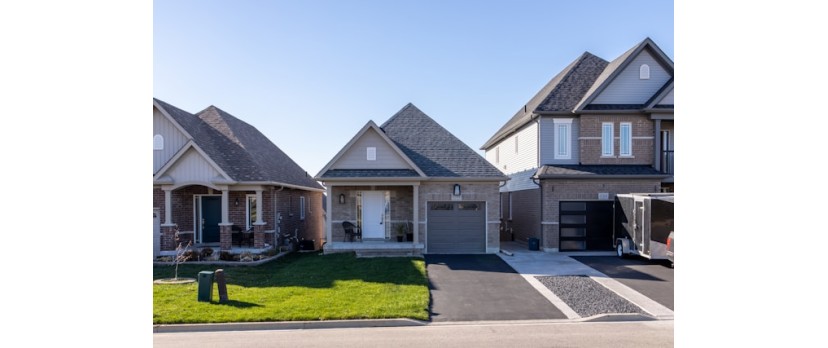In today’s fast-paced property market, generating leads is only half the battle. The real challenge lies in turning those clicks and inquiries into committed clients. For real estate professionals, leveraging the right Customer Relationship Management (CRM) system can make the difference between stagnant lead folders and active pipelines. This article explores how modern real estate CRMs are evolving to close the gap from digital engagement to human conversion and why agents who adapt will gain an edge.
Why Clicks Alone Are Not Enough
A website form filled out, a click on a listing, or an email inquiry may feel like success, but until that lead is nurtured, qualified, and engaged, it remains only potential. The conversion journey from click to client requires strategy, clarity, and tools. Without a CRM that supports real-time follow-up, customized workflows, and insight-driven engagement, many leads slip away. In short, you capture interest, but you need to convert it.
What a High-Performing CRM Looks Like
A CRM built for real estate is more than a contact list. The best systems integrate:
Lead capture from multiple channels such as websites, social media, and direct mail
Automated lead segmentation and assignment to team members
Follow-up cadences through emails, texts, and calls with reminders
Integrations with listing portals, marketing tools, and communication apps
Reporting dashboards to monitor conversion rates, pipeline health, and return on investment
Such a system does not just store data; it drives action.
Ben Mizes, President of Clever Offers, explains the power of streamlining the client journey online:
“When you give people flexibility to work where they’re most efficient, you unlock innovation but you must also build strong processes to keep everyone aligned.”
For more on his insights, visit Ben Mizes at Clever Real Estate.
By designing workflows that mirror the buyer’s experience from initial click to first tour to offer, agents can reduce friction, make the process feel seamless, and increase the chances of conversion.
Why Real Estate CRMs Matter for Conversion
Speed matters: The faster an agent responds to a lead, the higher the probability of conversion. A CRM with instant lead alerts ensures you never miss your window.
Personalization builds trust: A click is anonymous, but a conversation is personal. A good CRM tracks preferences, behavior, and history so every interaction feels relevant.
Visibility into pipeline health: Without centralized tracking, you cannot know which leads are active, which need nurturing, and which are lost.
Team scalability: Whether you are solo or have a team, a CRM creates structure and accountability so no lead falls through the cracks.
Bob Coulston of Coulston Construction shows how strong process and communication drive success. His company is built on responsiveness, organization, and client care, principles that apply directly to CRM success. Visit Coulston Construction to learn more about his approach.
In real estate, your CRM is that same process engine. It ensures timely follow-up, keeps clients informed, and delivers the consistent experience that converts leads into long-term relationships.
Choosing the Right CRM
When selecting a CRM, ask yourself:
Can it integrate with your lead sources such as forms, ads, and portals?
Does it enable automation based on client behavior?
Are there workflows designed specifically for buyers and sellers?
Does it provide analytics on every step of the sales funnel?
Is it mobile-friendly for agents in the field?
Can it support team collaboration?
Choose a system that focuses on clarity, consistency, and simplicity over complexity.
Best Practices to Maximize CRM Conversion
Respond immediately to new leads
Use multiple outreach channels such as email, text, and calls
Qualify quickly by asking about budget, motivation, and timing
Always schedule a next step such as a showing or consultation
Set reminders for inactive leads
Track conversion metrics and refine your strategy
Train your team regularly to maintain CRM discipline
The Future of Real Estate CRMs
Tomorrow’s CRMs are becoming smarter with artificial intelligence and predictive analytics. These systems can score leads, identify the best times for outreach, and even suggest the right message to send. Virtual assistants and chatbots will handle initial inquiries, freeing agents to focus on building real relationships. The future belongs to professionals who use technology not as a substitute for connection but as an enhancer of human interaction.
Conclusion
Turning clicks into clients requires both technology and empathy. The right CRM system empowers agents to automate the science of follow-up while maintaining the art of relationship building.
As Ben Mizes notes, flexibility and efficiency matter only when supported by strong processes. And as Bob Coulston’s philosophy demonstrates, responsiveness and communication are essential in any client-facing business. Combine these lessons with a reliable CRM and you will turn online engagement into measurable success.



Login and write down your comment.
Login my OpenCart Account